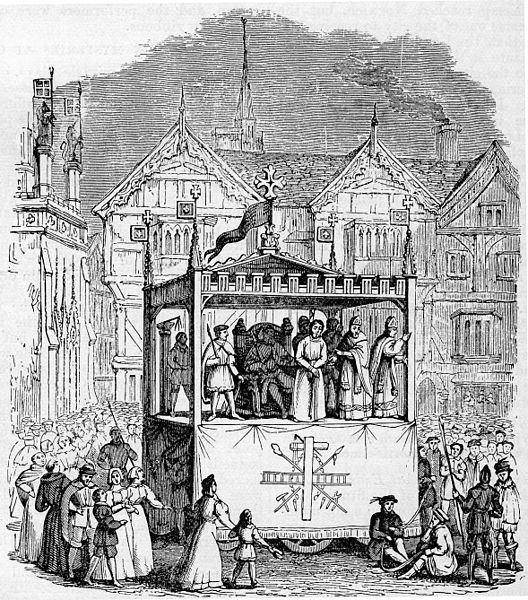Infinite photos and videos for every Wiki article ·
Find something interesting to watch in seconds
History by Country
Celebrities
British Monarchs
Famous Castles
Great Cities
Recovered Treasures
Countries of the World
Presidents
Ancient Marvels
Animals
Sports
Supercars
World Banknotes
Wars and Battles
Tallest Buildings
Great Artists
Rare Coins
Largest Palaces
Largest Empires
Crown Jewels
Best Campuses
Richest US Counties
Great Museums
Orders and Medals
Wonders of Nature
Kings of France
more top lists






